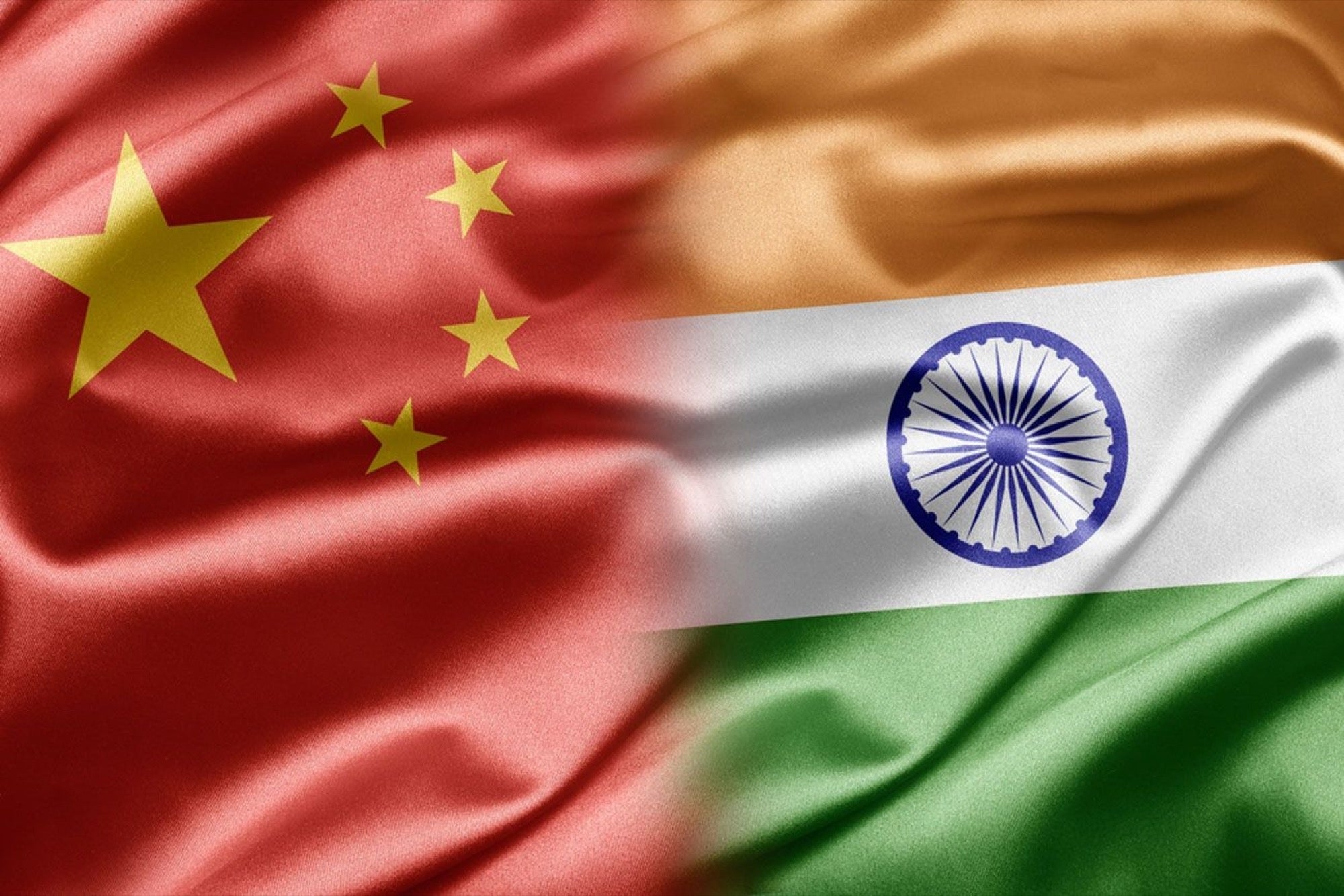5 Things Indo-China Bilateral Trade Cooperation Could Do For Indian Businesses Commerce Minister Nirmala Sitharaman, in a bilateral meeting with Chinese counterpart Wang Shouwen, sought cooperation with its neighbor and outlined challenges faced by businesses.
By Aashika Jain
You're reading Entrepreneur India, an international franchise of Entrepreneur Media.

India's multi-fold rise as the fastest growing country in the world has caught the glaring attention of the biggest economies worldwide including that of China, which has held the crown of being the world's largest manufacturer and exporter of goods since nearly a decade.
At a time when the Chinese economy is burdened with oversupply issues and a slump in exports, India is bucking the opportunity and promoting trade talks.
In its latest bid to steer home-grown businesses' growth in China, Indian Commerce Minister Nirmala Sitharaman, in a bilateral meeting with Chinese counterpart Wang Shouwen, sought cooperation with its neighbor and outlined challenges faced by businesses.
We list out 5 things that the Indo-China bilateral trade cooperation could do to help Indian businesses.
- Sitharaman has sought market access for Indian goods in the Chinese markets. China being a closed economy does not promote foreign products and competition to local businesses. This becomes a challenge for fast-growing businesses to break into one of the biggest economies dampening their growth. If this roadblock is removed, it could prove to be a breakthrough for Indian domestic players looking to tap the opportunities provided by India's Prime Minister Narendra Modi's government via its flagship Make In India program and the Startup India initiative.
- Sitharaman has batted for the expeditious clearances for import of Indian Rice and a "Green Channel' for import of Indian Pharmaceutical products to China – especially those which already have USFDA and EUFDA accreditation. This could prove to be a shot in the arm for Indian pharmaceutical companies, which have been expanding aggressively worldwide as well as support India's agriculture sector.
- The Commerce Minister's request for consideration of demonstration of IT/ITeS projects for Indian companies that have acquired global acclaim could up the ante for India's IT companies, which have the largest growth worldwide. India's IT sector is also the biggest generator of jobs with stalwarts like Infosys, TCS, Cognizant and Wipro leading the pack.
- The Trade Minister has also requested for "buying missions' to India to source amongst other things, Indian Tobacco and oil meals. The incentive of this can be felt by tobacco companies such as industry conglomerate ITC and its smaller peers such as A-One Beedi, Kanhayya Tobacco, MR Tobacco and Tej Ram Dharam Paul. Edible oil firms such as Marico and small and mid-sized companies including Agro Tech Foods, Vimal Foods and Ruchi Soya could see the benefit.
- Sitharaman extended an olive branch for businesses that have felt the brunt of long drawn procedures in procuring clearances for business opportunities related to trade in China. The minister has sought the issued to be taken up for resolution. This is good news not only for established businesses but also small and medium enterprises looking to venture overseas.










